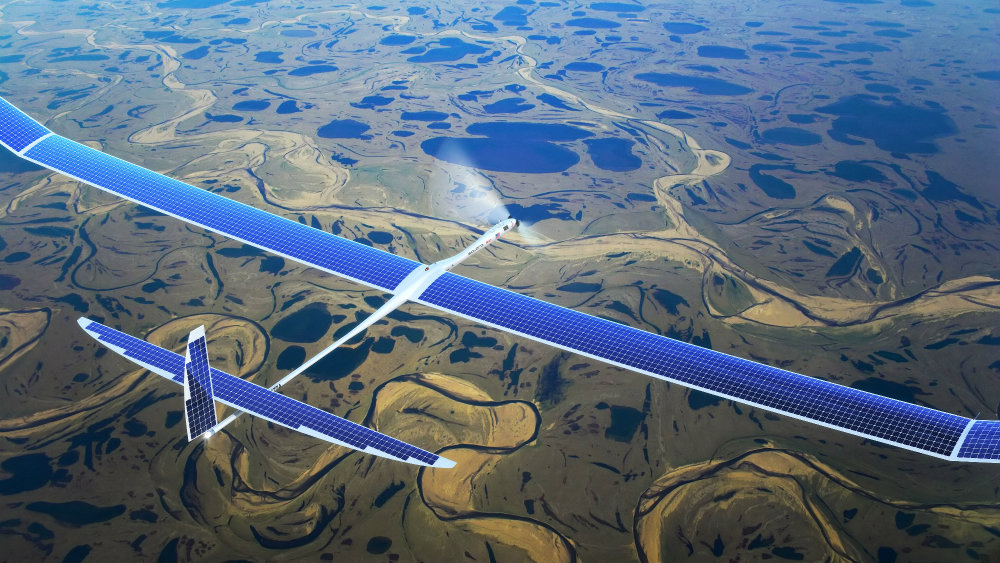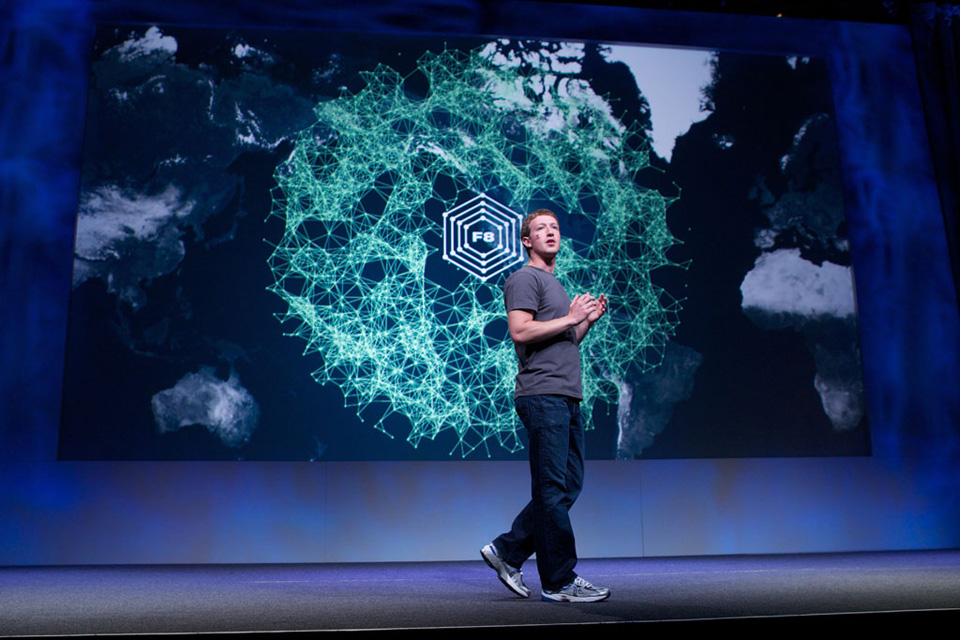Mark Zuckerberg revealed yesterday that Facebook has completed its first test of an unmanned aircraft that could be used to bring Internet connectivity to the most remote parts of the world. The aircrafts, or rather, drones, use lasers to beam internet access down to the ground, designed to provide connections to rural and internet-free zones.
Developed by Ascenta, a Somerset-based designer of solar-powered drones bought by Facebook in March 2014, the drones will be able to fly at altitudes of 60,000 feet for months at a time on solar power, according to Zuckerberg. They will have wingspans greater than 29m, or that of a Boeing 737, but weigh less than a car.
Following the tests, it could then be just three to five years until the super-sized, solar-powered drones are hovering above remote parts of the world to provide internet access.
Facebook previously said the drones will be ‘relatively cheap’ – although did not specify a cost – and will be most effective for suburban areas that do not have the cables or infrastructure to carry internet or telephone signals. The California-based tech giant has joined forces with Nokia, Qualcomm, Samsung and other tech firms to develop the planes in an initiative called Internet.org.
“We want to serve every person in the world” with high-speed Internet signals, said Yael Maguire, head of Facebook’s Connectivity Lab. The dream — assuming regulators around the planet go along with it — is a fleet as big as 1,000 drones connecting people to the Internet. And where it is too remote even for the drones, satellites would do the trick. “Can we reach a point where everyone on the planet gets the same message at once?” Mr. Maguire said. “I’m looking forward to that day.”
Facebook isn’t the only company looking to bring the Internet to remote areas with novel technologies — Google’s Project Loon is looking to accomplish the same goal with giant balloons rather than more airplane-like aircraft. While both companies have framed their respective projects as lofty, big-thinking goals, they would also materially benefit from having more Internet-connected humans they could turn into users.




